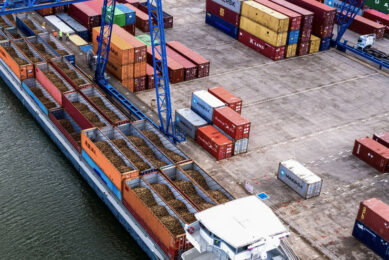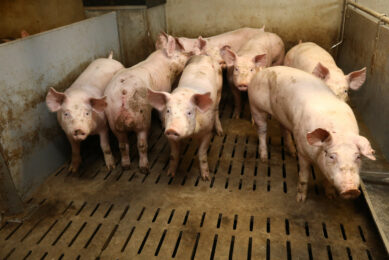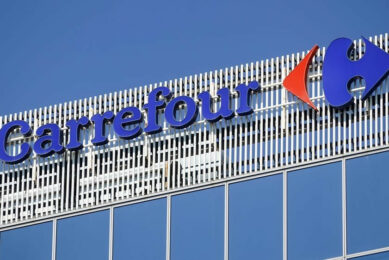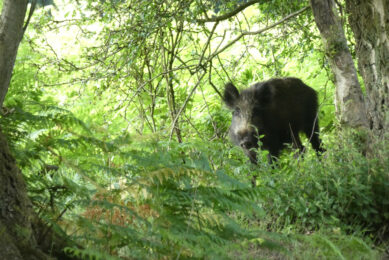European Commission cracks as farmers protests intensify
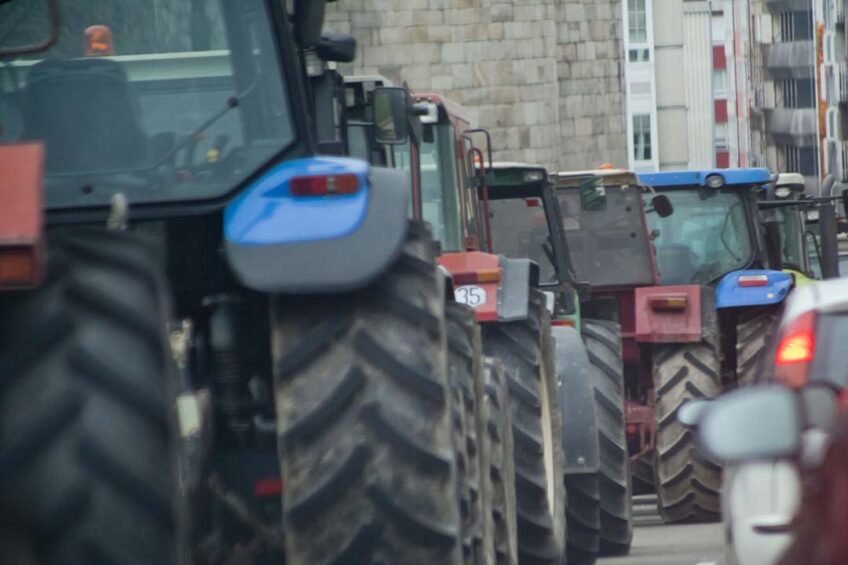
As the farmers protests in the European Union intensify, the European Commission has cracked and made some concessions to try and ease the situation.
Following earlier protests in Germany, thousands of farmers blocked the main roads in France with their tractors over the past weeks. Last week, thousands of Belgian farmers with over 1,300 tractors were congregating outside the European Parliament in Brussels.
French and Belgian farmers arrested
These most recent protests have seen dozens of farmers in France arrested as they tried to block off Rungis, a main food distribution hub that feeds 12 million people. The French government had previously warned the farmers that any disruption at Rungis would cross a red line and posted hundreds of riot police there.
In Brussels, farmers threw eggs at the parliament buildings and lit many fires across the region. Slurry and farmyard manure was also spread across many of the European Parliament buildings in France and Belgium.
Angry farmers
The farmers are angry the European Commission continues to cut financial support for agriculture from the Common Agricultural Policy (CAP), designed to protect farmers from falling prices and cheap imports. They are also seething that more environmental regulations are being introduced which they argue are impossible to meet, while trying to produce food for a fast-growing world population.
Isabel Proost, a farmer from Flanders in Belgium, said: “We are here to defend our agriculture. For 3 years, we have been unsuccessfully trying to draw the attention of the Belgian government to our issues. We must finally wake up and, together with all of Europe, fight for a common cause: the ability to pursue the profession of farming for us and our children.”
A major bone of contention for the farmers is the European Green Deal, which aims to make Europe carbon-neutral by 2050, and the law on nature restoration, designed to “improve biodiversity in agricultural ecosystems.”
Another farmer in Brussels, Bart van Rooyen, said: “The CAP is designed to support us financially to ensure we can continue producing food that is affordable by consumers. However, the European Commission continues to hit our pockets by reducing subsidies, making it impossible for us to compete with cheaper imports. These factors, together with endless environmental regulations, more red tape, and a continuance to hammer farmers, means we have to take decisive action. Enough is enough. The commission must hear us.”
However, the European Commission insisted it was listening and allowed some concessions to farmers such as allowing them to bring land that was dedicated as fallow, for environmental purposes, back into production again.
EU response
Under pressure, Ursula von der Leyen, president of the European Commission, said a proposal to work on reducing administrative burdens would be presented at an upcoming meeting of EU ministers.
Janusz Wojciechowski, EU Commissioner for Agriculture, said: “In proposing this temporary derogation, the commission demonstrates flexibility and solidarity with European farmers in the face of exceptional difficulties. By enabling the production of nitrogen fixing crops and catch crops, without the use of plant protection products, this derogation strikes a balance between the short-term necessity of supporting farmers and the long-term need to protect our climate, soil health, and biodiversity.”
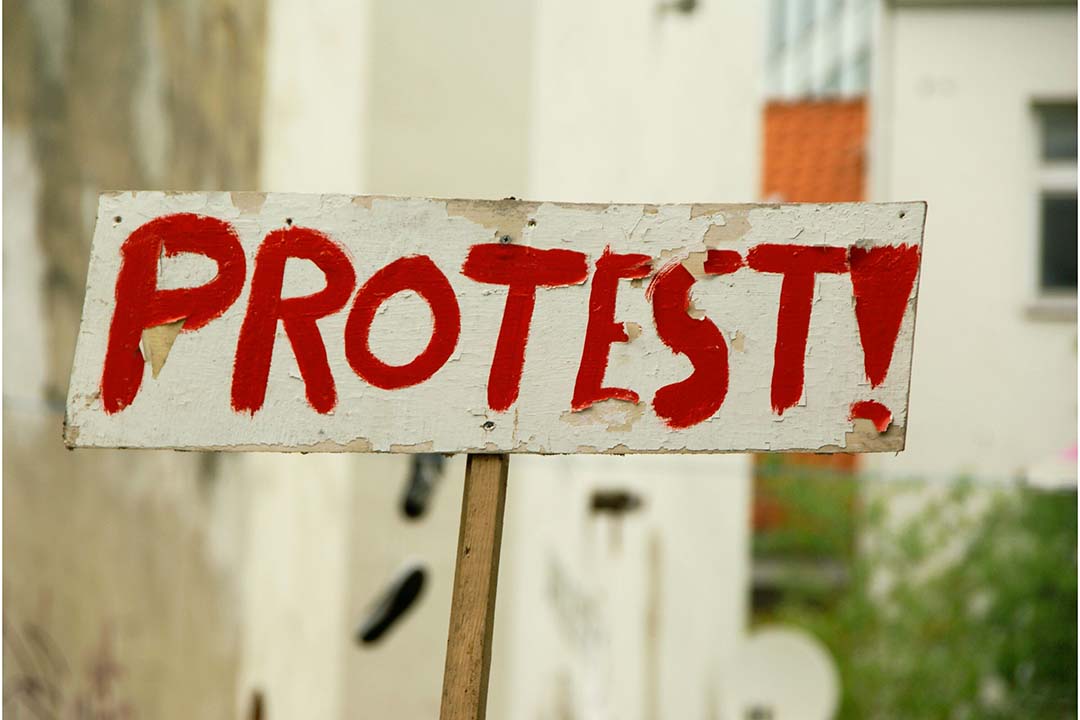
Economic burdens
Earlier last week the joint farm lobby groups Copa Cogeca sent a letter to Von der Leyen outlining the commission’s failures. It said: “We must listen to the echoes that are reverberating throughout our countryside from the west to the east of Europe. Farming communities are facing enormous challenges and pressures, which have only accumulated in recent years.
“Economic burdens and bureaucracy are strangling farmers across the EU. The effects of climatic and geopolitical crises are impacting our farms considerably. And all this with the feeling that more constraints and more European regulations are going to be imposed on farms with severe and irreversible consequences on productions, income and increase of imports with less environmental and social standards.
“Over the last few years, we have spoken out vigorously, but we haven’t been heard! As a result, the situation is currently very tense in many member states, with farmers taking to the streets, as the survival of the European family farming as it is known today, is in danger.”
All eyes will be on the politicians as European parliament elections are set for June this year. European members of parliament (MEPs) are concerned far right parties, which are attracting more farmers, could possibly make gains in the voting.



